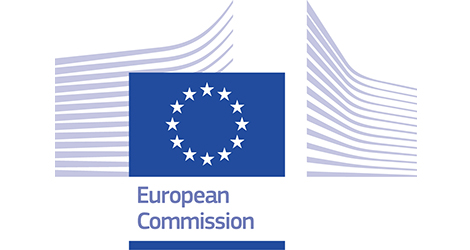25 | 05 | 2023
European Commission released the Report on the Protection and Enforcement of Intellectual Property Rights in third countries

On 17 May, 2023, the European Commission published the Report on the Protection and Enforcement of Intellectual Property Rights in third countries. The Report identifies countries outside of the European Union (third countries) in which, following the analyses and results of targeted consultation, the state of IPR protection and enforcement is not at a satisfactory level.
The Report aims to inform rightholders, including small and medium-sized enterprises, about potential risks when engaging in business activities in countries with inadequate degree of IPR protection.
The related research keep repeating periodically and the list of priority countries is being regularly updated.
China remains the top priority country when assessing the global problem of counterfeiting and piracy, even though this country made progress in certain issues of intellectual property protection following institutional and legislative reforms conducted in the previous period. According to research and studies as conducted, China is still at the origin of a dominant share of counterfeit and pirated goods arriving in the European Union (70%). India and Türkiye remain priority two countries. Serious systemic problems have been identified in the area of IPR protection and enforcement in these countries, causing significant harm to EU businesses i.e. the economy. Argentina, Brazil, Ecuador, Indonesia, Malaysia, Nigeria, Saudi Arabia and Thailand remain priority three countries (data on p. 9 and 10 of the Report).
Weak and inadequate enforcement of intellectual property rights continues to be an acute problem in all the priority countries listed in the report as well as insufficient level of public awareness of the value and respect for intellectual property rights. In some countries, the problem is also manifested in the weak protection of business secrets and in the difficulties in achieving judicial protection in case of violation of trade secrets. Also, in some countries, the problem of inadequate enforcement of customs protection measures has been identified, that would contribute to the protection of the market from the penetration of counterfeit products, including the procedures for destroying counterfeits, which in these countries are long-lasting or too expensive for the rights holders. It is extremely important that confiscated counterfeit products do not subsequently appear in trade channels, but that they are destroyed in the appropriate customs procedure and under customs supervision.
Details on highlighted problems, risks in business for entrepreneurs on the respective markets, but also on measures and activities undertaken at the level of the European Union aiming at strengthening protection and enforcement of intellectual property rights in third countries can be read in the published Report.